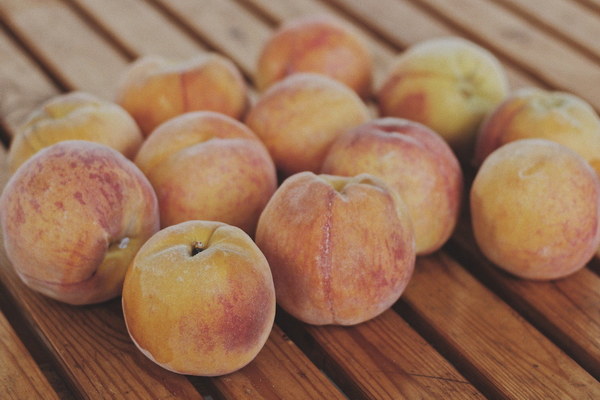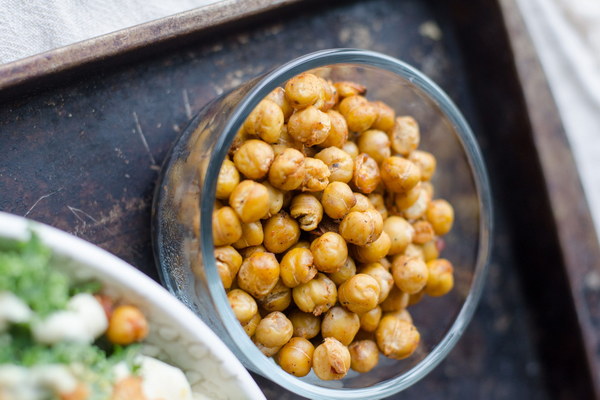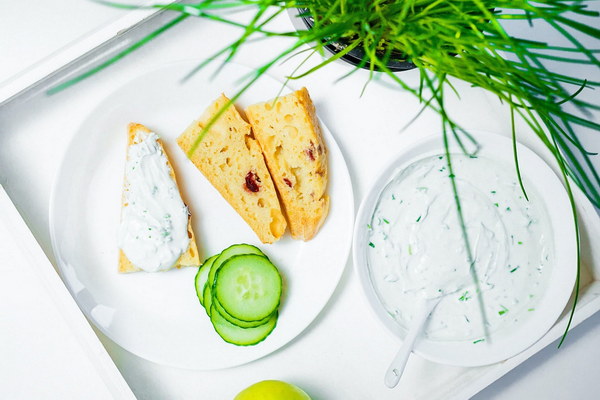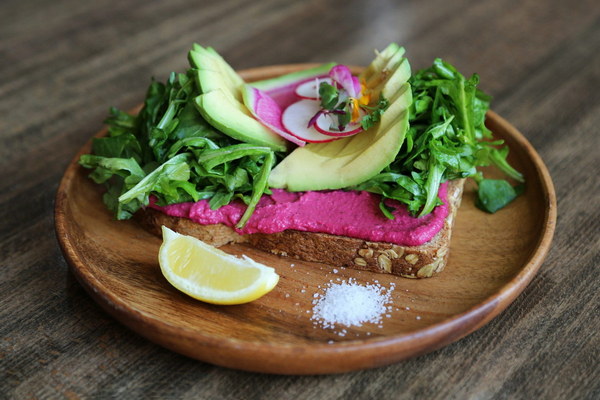Nourishing Relief A Guide to Dietary Strategies for Asthma Attacks
Asthma, a chronic respiratory condition, can be both physically and emotionally taxing. While medication is crucial in managing asthma attacks, dietary strategies can also play a significant role in alleviating symptoms and reducing the frequency of episodes. This article delves into the world of asthma-friendly foods, offering insights into how a well-balanced diet can help you breathe easier.
1. Understanding the Connection between Diet and Asthma
Asthma is characterized by inflammation and narrowing of the airways, leading to symptoms like wheezing, coughing, and shortness of breath. Although the exact cause of asthma remains unknown, research suggests that dietary factors may contribute to the condition. By identifying and eliminating trigger foods, individuals with asthma can potentially reduce the severity and frequency of their symptoms.
1.1 Trigger Foods
Common asthma trigger foods include:
- Citrus fruits
- Dairy products
- Eggs
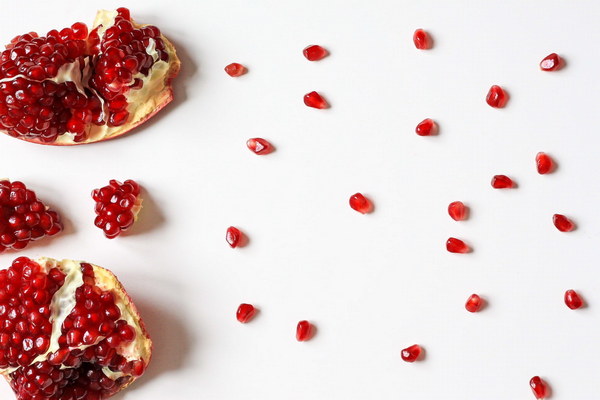
- Nuts and seeds
- Wheat
- Soy
1.2 Anti-inflammatory Foods
Inflammation is a key factor in asthma attacks. Including anti-inflammatory foods in your diet can help reduce inflammation and improve lung function. Some of these foods include:
- Fatty fish (e.g., salmon, mackerel, sardines)
- Leafy green vegetables (e.g., spinach, kale, arugula)
- Berries (e.g., strawberries, blueberries, raspberries)
- Nuts and seeds (e.g., walnuts, chia seeds, flaxseeds)
- Olive oil
2. A Sample Diet Plan for Asthma Management
To create a balanced asthma-friendly diet, follow these guidelines:
2.1 Breakfast
- Start your day with a bowl of oatmeal, which is rich in fiber and may help reduce inflammation.
- Top it with fresh berries and a drizzle of olive oil for added flavor and anti-inflammatory properties.
- Include a glass of fortified orange juice, which is a good source of vitamin C.
2.2 Lunch
- Opt for a salad with mixed greens, sliced tomatoes, cucumbers, and bell peppers.
- Add grilled chicken breast or tofu for protein, and drizzle with a dressing made from olive oil and balsamic vinegar.
- Include a side of quinoa or brown rice to provide complex carbohydrates.
2.3 Dinner
- Prepare a lean, grilled fish dish with a side of steamed vegetables, such as broccoli, carrots, and green beans.
- Serve with a small portion of whole-grain bread or a baked potato.
2.4 Snacks
- Snack on nuts and seeds, such as almonds, walnuts, chia seeds, and flaxseeds.
- Enjoy a fruit smoothie made with spinach, banana, and almond milk.
- Choose whole-grain crackers with hummus or avocado for a satisfying crunch.
3. Hydration and Special Considerations
Proper hydration is essential for maintaining lung function. Aim to drink at least eight glasses of water per day. If you have acid reflux or are sensitive to certain fluids, consider drinking herbal teas or broths.
Additionally, individuals with asthma should avoid:
- Alcohol
- Caffeine
- Processed foods
- Foods high in saturated fats and trans fats
4. Consulting a Healthcare Professional
Before making significant changes to your diet, it is crucial to consult with a healthcare professional, such as a doctor or a registered dietitian. They can provide personalized recommendations based on your specific asthma triggers and nutritional needs.
In conclusion, a well-balanced diet can be a powerful tool in managing asthma symptoms. By identifying and eliminating trigger foods, incorporating anti-inflammatory foods, and maintaining proper hydration, individuals with asthma can improve their quality of life and reduce the frequency and severity of their attacks. Remember, it is essential to work with a healthcare professional to create a diet plan tailored to your unique needs.

